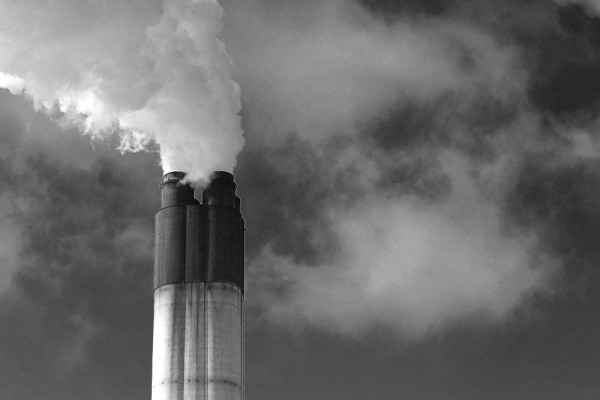The United Kingdom has reached a historic milestone in its journey toward a sustainable future: the complete phase-out of coal power production. This monumental achievement marks the culmination of years of dedicated efforts to reduce carbon emissions and transition to cleaner energy sources. Ratcliffe-on-Soar closed on September 30 2024 as the last coal fired station operating in the UK. See more about Ratcliffe-on-Soar in my post from a few years back.

A Decade of Transformation
Just a decade ago, coal was a cornerstone of the UK’s energy mix, accounting for approximately 40% of electricity generation in 2012. The landscape has dramatically changed since then:
- Coal Consumption Plummeted: Coal use in electricity generation dropped from 40% in 2012 to 0% in 2024.
- Rise of Renewables: Renewable energy sources now generate over 40% of the UK’s electricity, overtaking fossil fuels.
- Carbon Emission Reductions: The phase-out has contributed to a significant decrease in carbon emissions, helping the UK achieve a 44% reduction compared to 1990 levels.
Driving Forces Behind the Phase-Out
Several factors propelled this shift:
- Government Policies: Initiatives like the Carbon Price Floor and commitment to end coal power by 2024 provided clear targets.
- Technological Advancements: Improved efficiency and reduced costs in renewable technologies made alternatives more viable.
- Public Support: Growing environmental awareness increased demand for cleaner energy options.
Implications for the Future
The elimination of coal power sets a precedent and paves the way for further advancements:
- Accelerating Towards Net Zero: This achievement aligns with the UK’s legally binding target to reach net-zero greenhouse gas emissions by 2050.
- Economic Opportunities: The renewable sector is expected to create jobs and stimulate economic growth.
- Global Leadership: The UK’s success serves as a model for other nations aiming to reduce their reliance on fossil fuels.
Challenges Ahead
While this is a significant victory, the journey is far from over:
- Energy Storage Solutions: To handle the intermittent nature of renewables, investments in energy storage are essential.
- Grid Modernization: Upgrading infrastructure to support a decentralized and digitalized grid will be necessary.
- Continued Policy Support: Ongoing government commitment is vital to maintain momentum toward sustainability goals.
Conclusion
The UK’s complete phase-out of coal power production is a testament to what can be achieved through collective effort, innovation, and determination. It heralds a new era in which sustainable energy isn’t just an aspiration but a reality.

